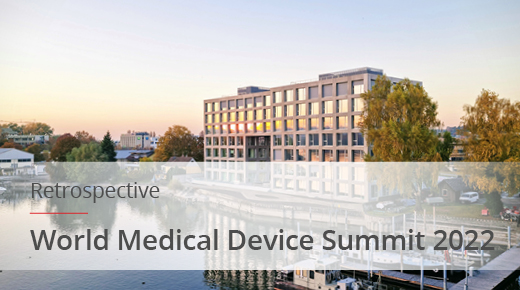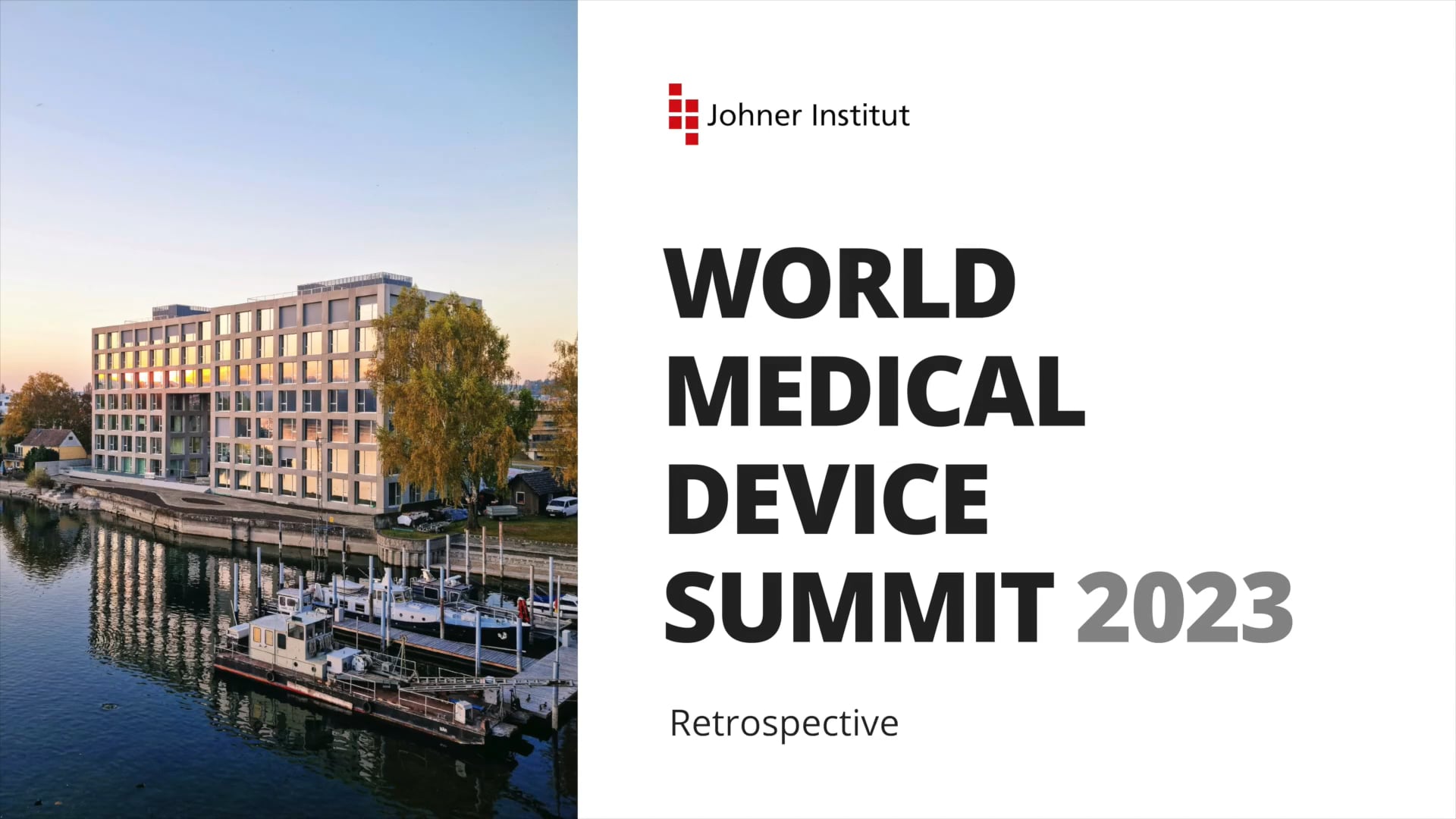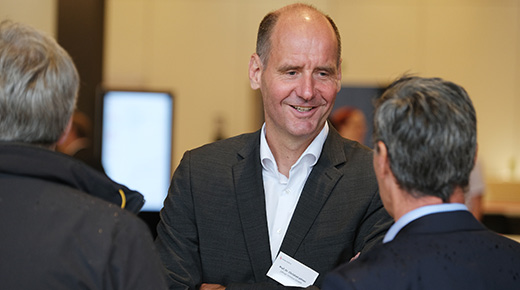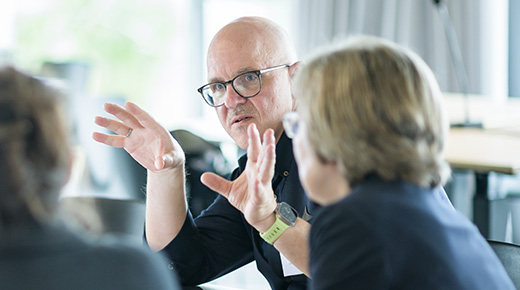Academy
Consulting
Product Testing
Outsourcing
RegTech & AI
The Institute
Academy
First-hand, tried-and-tested, and cutting-edge knowledge for all players in the medical device industry
Further Links
Seminars, Courses, and Workshops
InhouseExcellence >
E-Learning
Podcast >
Books (German) >
Consulting Services
We offer support services for all product types, management systems and markets.
Further Links
Market Access & Regulatory Affairs
Management Systems
Technical Documentation
Change Management
Digitalisation & AI
Assisted Self-Service
Further Links
IVD Performance Studies >
Clinical Investigations & Studies >
Biocompatibility Testing >
Electrical Safety & EMC Testing >
IT Security Testing >
Usability Evaluations
Outsourcing
Focus on your core business – we will take care of your regulatory and administrative tasks efficiently, compliantly and cost-effectively.
RegTech & Software
Software solutions specifically for medical device and IVD manufacturers
About us
We support manufacturers in developing safe medical devices and bringing them to market despite complex regulatory requirements to provide optimal patient care.
Further Links
Mission and Values >
Company History >
Who We Are
Locations >
Customers and Partners >
Working at the Johner Institute
Events of the Johner Institute
Further Links





